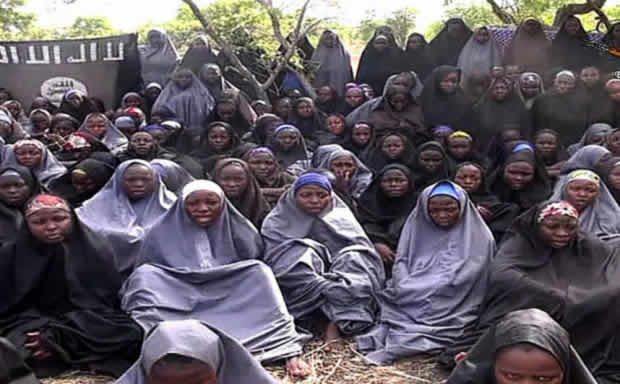UN Committee Reports 91 Chibok Girls Still Missing Ten Years After Abduction
UN says 91 Chibok schoolgirls are still missing 10 years after Boko Haram’s abduction.
It urges Nigeria to rescue them and support survivors facing trauma and stigma.
The United Nations Committee on the Elimination of Discrimination against Women (CEDAW) has disclosed that at least 91 Chibok schoolgirls remain either in captivity or unaccounted for, a decade after they were taken by Boko Haram.

According to CEDAW’s inquiry report, many of the rescued girls and other victims of mass abductions in Nigeria continue to experience deep trauma, stigma and limited access to support services. The report followed a two-week confidential mission to Nigeria in December 2023, during which the committee visited Abuja and several states including Adamawa, Borno, Enugu and Kaduna.
The committee concluded that serious and widespread violations of women’s and girls’ rights have persisted since the 2014 abduction. It said Nigeria bore responsibility for failing to prevent these violations and protect schoolgirls from repeated attacks.
CEDAW representatives were the first UN delegation to visit Chibok Government Secondary School since the mass kidnapping. They also held meetings with government officials, security agencies and humanitarian bodies in Abuja, as well as visiting an internally displaced persons’ camp to speak with survivors.
The inquiry found that 276 schoolgirls were seized from Chibok in 2014, of whom 82 escaped on their own and 103 were later freed through negotiations. However, 91 remain missing or held captive, and abductions for ransom have continued across northern Nigeria since then.
Committee Chair Nahla Haidar noted that the Chibok case marked the start of a decade-long wave of attacks on schools. She said at least 1,400 students have been kidnapped from educational institutions since 2014, often for ransom, forced marriage, trafficking or prisoner swaps.
CEDAW documented harsh conditions under Boko Haram and other armed groups, including forced marriages, religious coercion, sexual violence and severe physical abuse. Survivors often faced stigma and were unable to return home, while some received no counselling or education after release.
The report stressed that the government had failed to prevent or respond adequately to abductions, protect education for girls, or criminalize abduction and marital rape nationwide. It called on authorities to intensify rescue efforts for the remaining Chibok girls, provide long-term support for survivors and strengthen security around schools to prevent future attacks.
The full inquiry report, containing detailed findings and recommendations, has been published online by the committee.



